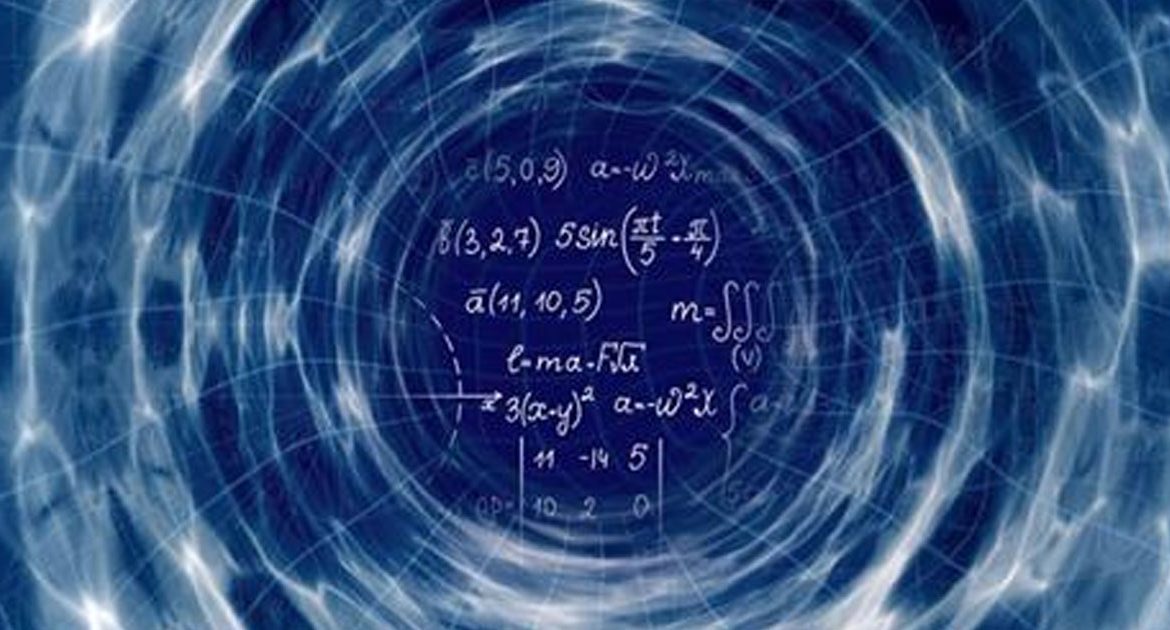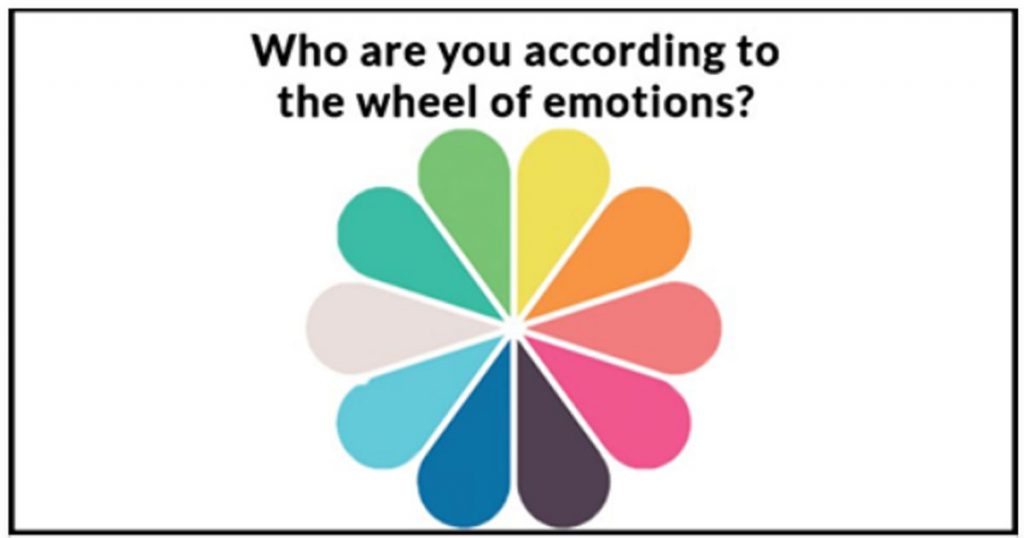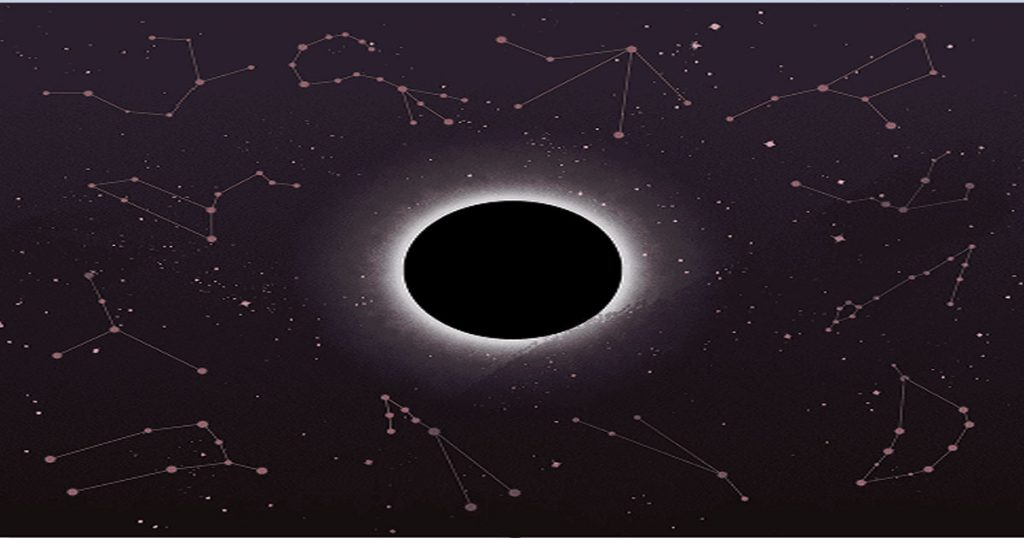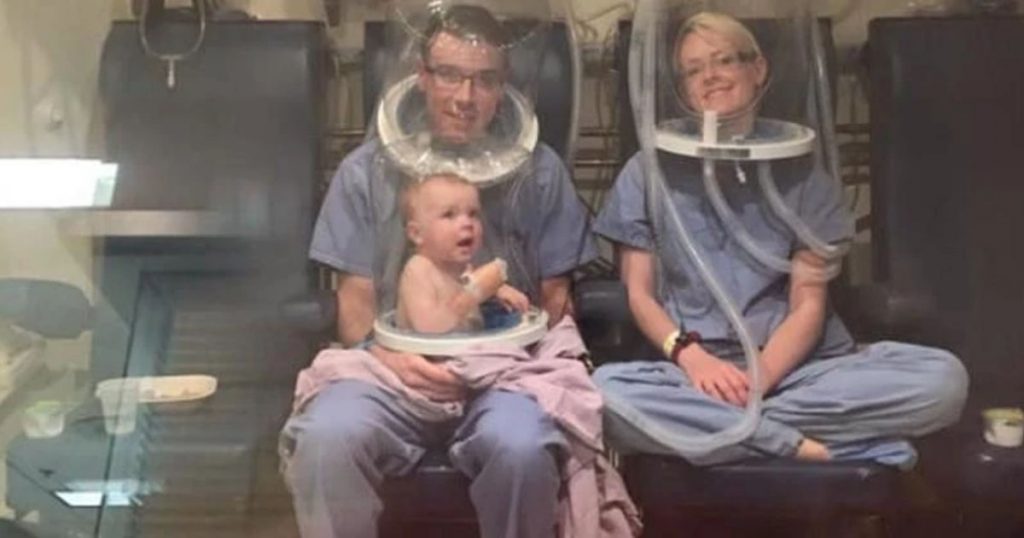The good news? Science says we can go back to the past. The bad news? We probably won’t ever get there. Here’s why.
A Real-Life TARDIS
Sure, TARDIS may be the name of the time machine in Doctor Who, but it’s also the name of the hypothetical device that physicists posit could make time travel possible, Futurism says. (TARDIS stands for Traversable Acausal Retrograde Domain in Space-time—say that three times fast). Researchers Ben Tippet and David Tsang developed a mathematical formula to describe how TARDIS would work—a formula that they say proves time travel is theoretically possible. Their paper is published in the journal Classical and Quantum Gravity.
«People think of time travel as something fictional,» Tippett said in a university news release. «And we tend to think it’s not possible because we don’t actually do it. But, mathematically, it is possible.»
Essentially, the theory has to do with the curvature of spacetime: Tippett says that the four dimensions (the three space dimensions, plus time) should be imagined to be connected, so that time could (theoretically) be bent into a circle for passengers, the press release says.
Tippett created a mathematical model of a Traversable Acausal Retrograde Domain in Space-time

Inside the Time Machine
If you were inside the time machine, you might feel a «persistent acceleration,» but the hands on your watch would be moving forward, Tippet explained to Newsweek. But if you looked outside the time machine, you would see time running in reverse. Meanwhile, those outside the time machine would see two versions of you: one moving forward in time, and one moving backwards.
Excited? Not so fast: the hypothetical time machine would have to be powered by «exotic matter,» which has not yet been found in nature, theoretical physics professor Marika Taylor told Newsweek. Tippet agreed. «While it is mathematically feasible, it is not yet possible to build a space-time machine,» he said in the press release. But hey, if we build it, maybe they will come…






